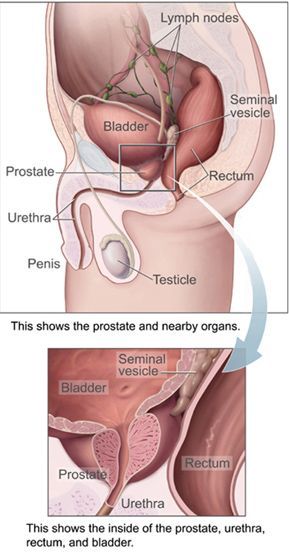Hair Loss In African-American Men Linked To Prostate Cancer

Men who start to lose their hair at an early age may have more to worry about than their appearance say researchers at the Center for Clinical Epidemiology and Biostatistics at the University of Pennsylvania in Philadelphia.
According to the Centers for Disease Control and Prevention, 206,640 men in the United States were diagnosed with prostate cancer in 2009 alone. Of those diagnosed, 28,088 lost their lives to the disease.
A study published in the American Association for Cancer Research journal Cancer Epidemiology, Biomarkers & Prevention claims hair loss in young African-American men may have a correlation to the development of prostate cancer later in life.
The research team compared the differences between 318 African-American men with prostate cancer to 219 men without prostate cancer. Participants were categorized by types of baldness: none, frontal or vertex.
Charnita Zeigler-Johnson, Ph.D., research assistant professor at the Center for Clinical Epidemiology and Biostatistics at the University of Pennsylvania in Philadelphia said, "We focused on African-American men because they are at high risk for developing prostate cancer and are more than twice as likely to die from prostate cancer than other groups in the United States. Although this is a high-risk group for poor prostate cancer outcomes, no published study had focused on evaluating baldness as a potential risk factor in a sample of African-American men."
By the end of the study researchers found that baldness in young men contributed to an increased risk of prostate cancer by 69 percent. Additionally, African-American men under the age of 60 with frontal baldness were twice as likely to be diagnosed with prostate cancer compared to those with vertex baldness.
Ziegler-Johnson and her colleagues are confident further testing on this subject may prove to be an important element of prostate cancer diagnosis. Ziegler-Johnson said,"Pending future studies to confirm our results, there is a potential to use early-onset baldness as a clinical indicator of increased risk for prostate cancer in some populations of men."
Published by Medicaldaily.com



























